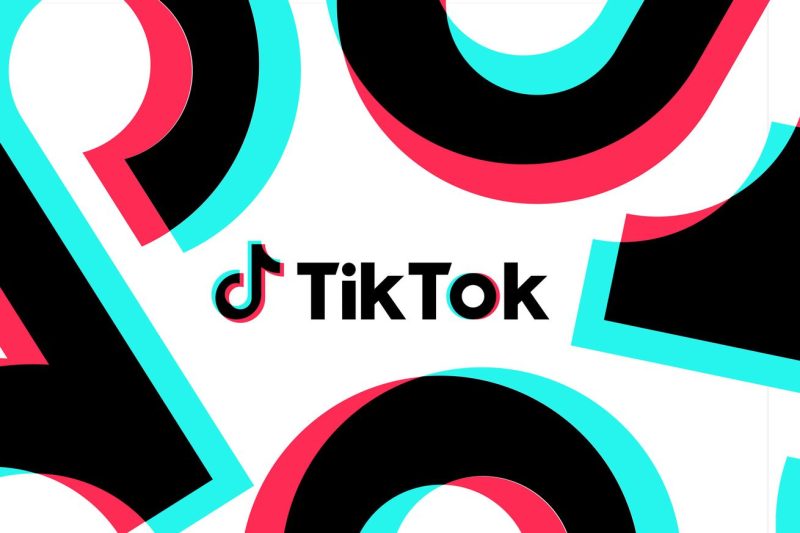The Attempt by TikTok to Stall DMA Antitrust Rules Rejected by EU Court
In a recent decision that sets an important precedent for tech giants operating within the European Union (EU), TikTok’s attempt to stall the implementation of new antitrust rules has been rejected by an EU court. The ruling signifies a significant step forward in the EU’s efforts to regulate digital platforms and safeguard fair competition.
The Digital Markets Act (DMA) is a proposed legislation presented by the European Commission that aims to regulate digital platforms’ behavior and prevent anti-competitive practices. It specifically targets large tech companies that hold substantial market power and have the potential to harm competition and consumer choice. TikTok, with its enormous user base and growing influence, falls within the scope of this proposed legislation.
TikTok’s argument for stalling the implementation of the DMA rules was based on claims that the legislation unfairly targeted the company and would hinder its ability to continue providing its services to the European market. However, the EU court dismissed TikTok’s arguments, stating that the DMA rules were necessary to promote fair competition and protect consumers from potential harm caused by dominant players in the digital industry.
One of the main concerns addressed by the DMA is the issue of unfair practices, such as self-preferencing, where digital platforms promote their own products or services over those of their competitors. This behavior can limit consumer choice and stifle innovation, creating an unlevel playing field for smaller businesses. The DMA aims to prevent such practices and ensure that all companies, regardless of their market dominance, operate on equal terms.
The rejection of TikTok’s attempt to delay the implementation of the DMA rules highlights the EU’s commitment to fostering a fair and competitive digital environment. It sends a clear message to other tech giants that the EU is determined to regulate their activities to protect consumers and uphold fair competition principles.
Moreover, this ruling demonstrates the EU’s recognition of the growing influence of digital platforms and the need for robust regulations to prevent potential harm to competition. By establishing rules that govern these platforms’ behavior, the EU aims to strike a balance between fostering innovation and preventing anti-competitive practices.
The DMA rules are designed to ensure that digital platforms respect their responsibilities to users, advertisers, and businesses operating on their platforms. It includes provisions that address issues such as data access and interoperability, allowing users and businesses to switch between platforms seamlessly and without undue restrictions.
In conclusion, the EU court’s rejection of TikTok’s attempt to stall the implementation of DMA antitrust rules is a significant victory for the EU’s efforts to regulate digital platforms. This decision reaffirms the importance of fair competition and consumer protection in the digital age. It also sets a precedent that will likely influence future cases involving tech giants and their compliance with European regulations. As the digital landscape continues to evolve, it is essential for regulators to adapt and ensure that the playing field remains level for all participants.

